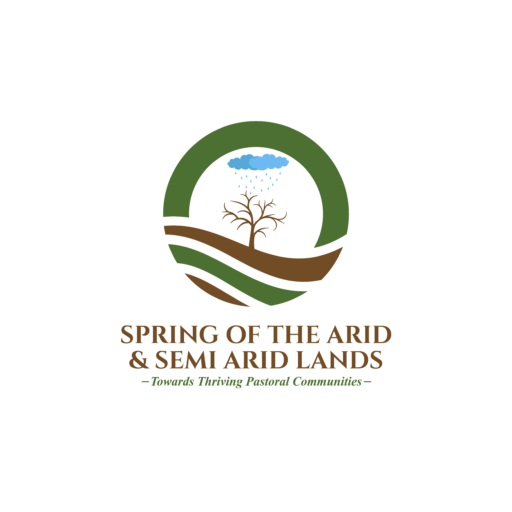About SASAL

Our Story
How We Got Started
SASAL is a non-governmental organization working with pastoral communities in Arid and semi-arid lands to build climate resilience. To achieve climate resilience, we have developed several programs on awareness/knowledge creation, mitigation, and adaptation.
The idea for SASAL was born in the year 2015 but became a reality in September 2019. It was initially named “smile of a pastoralist” but then renamed.
Where We Are Now
Our story stems from an exciting point of view from our founder, who is also a meteorologist and from a pastoral community. She couldn’t help but notice the continuous land degradation, recurrent droughts, and loss of livelihood in her home area in Magadi, Kajiado county. Studying meteorology led her to believe that the effects of droughts such as the loss of livelihoods could be evaded by proper preparedness by following weather forecasts issued by the Kenya Meteorological department. However, she realized some of the barriers hindering the farmers from consuming the weather forecasts and using them. That’s when the idea was born of forming an organization that will be like a “spring” not only in Kajiado county but all of the Arid and semi-arid lands of Kenya and help people build climate resilience through creating awareness, adapting to climate change and some mitigation actions. Hence the name Spring of the ASAL’s.
Our Mission
To work with the Pastoral communities in the Arid and Semi-Arid Lands(ASALs) of Kenya for their improved climate resilience.
Our Vision
Climate- resilient and thriving pastoral comunities capable of anicipating, coping and recovering from the impacts of climate change.
Our Goals
- Championing gender equality,Inclusion and diversity of the marginalized groups such as women,youth and persons living with disabilities.
- Support the development of sustainable programs to build climate resilience.
- Implementing and supporting land restoration programs / efforts to ensure a safe landscape for human and wildlife.
- Capacity Strengthening pastoralists communities and leaders through trainings to influence climate policies at local, regional and international spaces .
- Driving the understanding and awareness of the impacts of climate change on pastoral communities to propel climate action and inspire positive change.
- Grow and strengthen SASAL into an effective organization capable of delivering on its mission.
